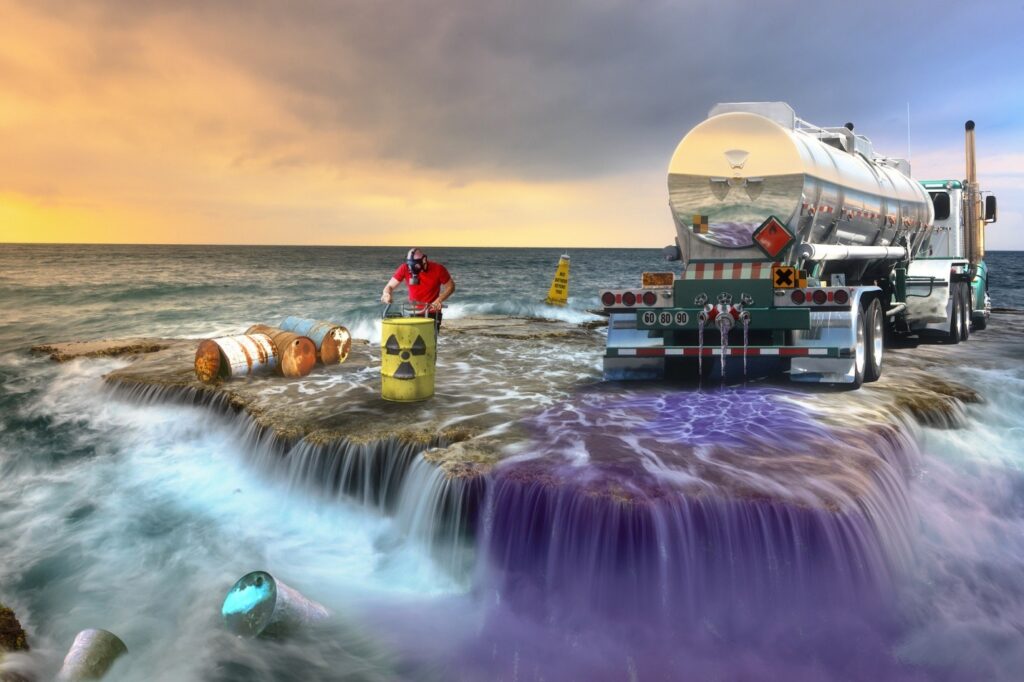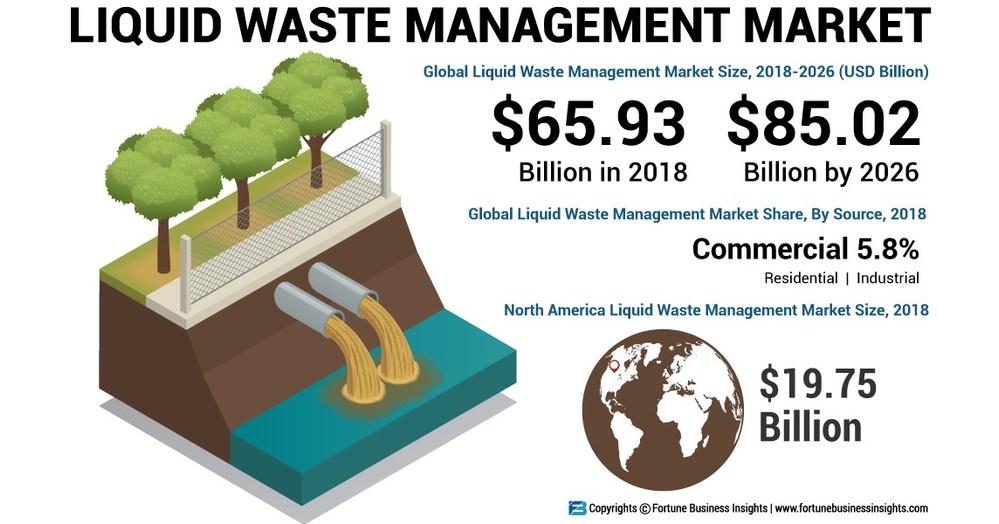Some Ideas on Reclaim Waste You Should Know
Some Ideas on Reclaim Waste You Should Know
Blog Article
Some Known Details About Reclaim Waste
Table of Contents3 Simple Techniques For Reclaim WasteExcitement About Reclaim WasteThe 6-Minute Rule for Reclaim WasteThe Facts About Reclaim Waste UncoveredReclaim Waste Can Be Fun For Everyone
Discover the types, incidents, and forms of fluid waste. Domestic sewage waste describes the waste and products from a domestic septic system. This kind of waste is created by human beings in houses, colleges, and other structures. This only includes septic systems that have a drainpipe field. The correct management and disposal of residential sewage waste call for liquid waste to be moved to a sewage therapy plant where the appropriate techniques and devices are applied to detoxify and dispose of waste.
Commercial waste commonly consists of potential risks, such as flammable materials or a mix of fluid and strong waste items, and calls for a more sophisticated and detailed disposal process. The disposal of industrial waste commonly involves the filtering of waste before transport to make certain safe and appropriate disposal. Hazardous waste is developed from results and runoff of industrial procedures and manufacturing.
This sort of waste can not make use of the same sewage management transportation or processes as septic or industrial liquids. The hazardous waste administration procedure needs the inspection and screening of liquid waste prior to it undertakes the disposal procedure (liquid waste disposal). Drainage waste is the fluid waste that originates from overflow and excess stormwater in extremely populated areas or cities
Runoff waste can cause contamination and flooding otherwise handled properly. Find out more regarding drain cleaning and waste management. Guaranteeing proper waste management can protect against calamities and minimize environmental harm. Both people in property settings and professionals in business or production industries can gain from comprehending the processes and regulations of fluid waste monitoring.
The Definitive Guide for Reclaim Waste
Contact PROS Solutions today to learn regarding our waste management and disposal solutions and the correct ways to look after the liquid waste you create.
(https://www.metal-archives.com/users/reclaimwaste1)This supposed 'wastewater' is not only an important source but, after therapy, will certainly be released to our land, rivers or the sea. Used water from bathrooms, showers, bathrooms, kitchen area sinks, washings and commercial processes is understood as wastewater.

water used to cool equipment or tidy plant and equipment). Stormwater, a type of wastewater, is runoff that streams from farming and city areas such as roof coverings, parks, gardens, roads, paths and gutters into stormwater drains, after rainfall. Stormwater moves without treatment straight to neighborhood creeks or rivers, eventually reaching the sea.
The Reclaim Waste Ideas
In Queensland, a lot of wastewater is dealt with at sewer therapy plants. Wastewater is transported from domestic or commercial websites via a system of sewage systems and pump stations, referred to as sewerage reticulation, to a sewer therapy plant. City governments construct, keep and run most sewage treatment plants. Operators are licensed under the Environmental Protection Act 1994 to discharge cured wastewater at an appropriate ecological requirement into waterways.
The Department of Natural Resources advises city governments concerning handling, operating and preserving sewerage systems and therapy plants. In unsewered locations, city governments might call for owners to set up private or household sewer treatment systems to treat residential wastewater from bathrooms, kitchens, bathrooms and washings. The Division of Natural Resources read this article authorises the usage of family systems when they are shown to be effective.
In some new communities, treatment of some stormwater to get rid of trash, sand and crushed rock has started using gross contaminant traps. Wastewater therapy occurs in 4 stages: Gets rid of solid matter.
Uses tiny living organisms recognizes as micro-organisms to damage down and remove staying liquified wastes and great fragments. Micro-organisms and wastes are incorporated in the sludge.
6 Easy Facts About Reclaim Waste Described
Nutrient elimination is not offered at all sewage therapy plants due to the fact that it needs expensive specialised tools. Clear fluid effluent produced after therapy might still include disease-causing micro-organisms - liquid waste disposal.

A lot of wastewater flows into the sewage system. Under the Act, local federal governments carry out approvals and permits for environmentally appropriate tasks (Ages) entailing wastewater releases that could have a local effect.
The Single Strategy To Use For Reclaim Waste
Tracking supplies accurate details about water quality and can confirm that licence problems are being fulfilled. The details gotten via surveillance gives the basis for making water top quality choices.
Report this page